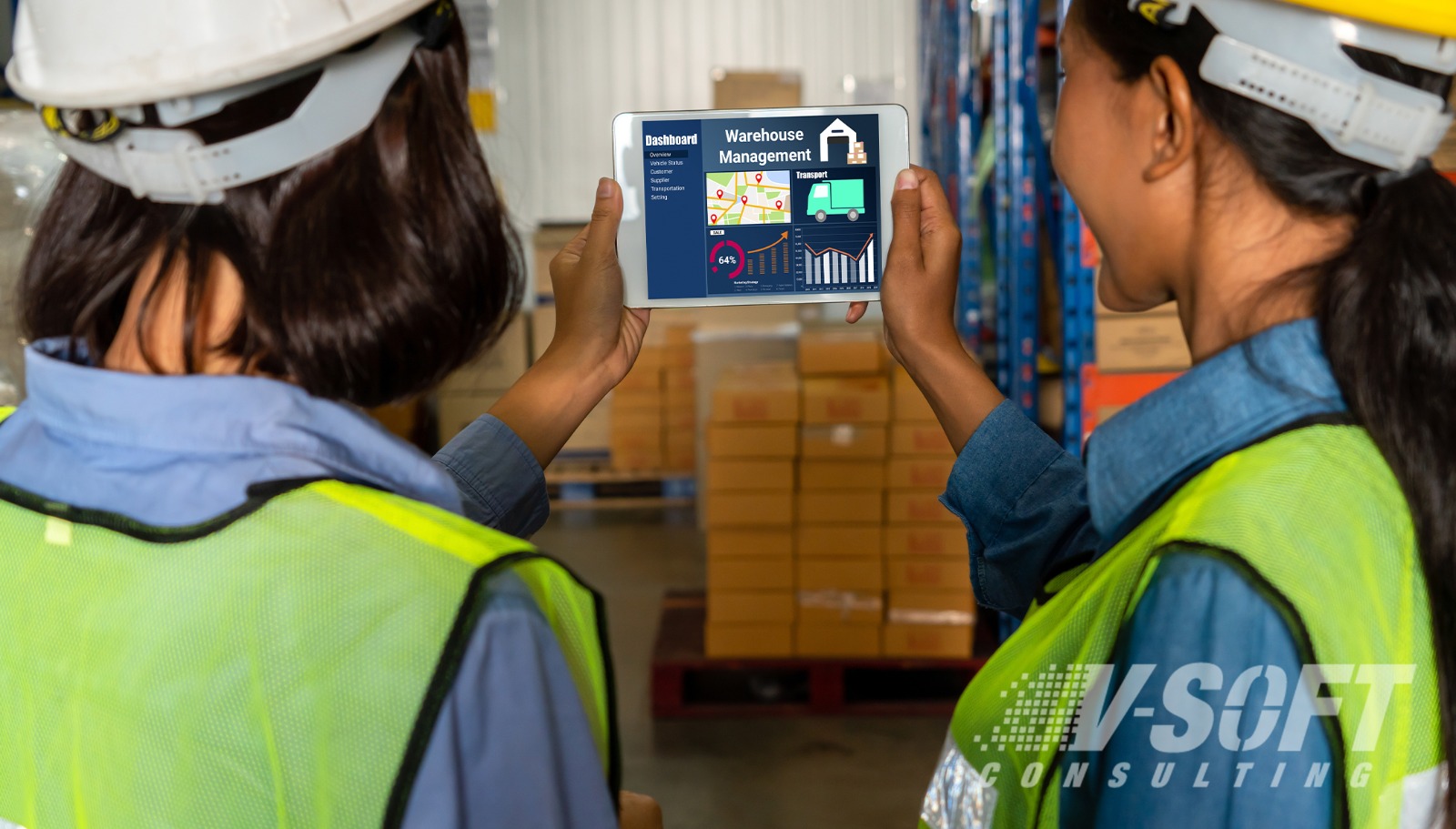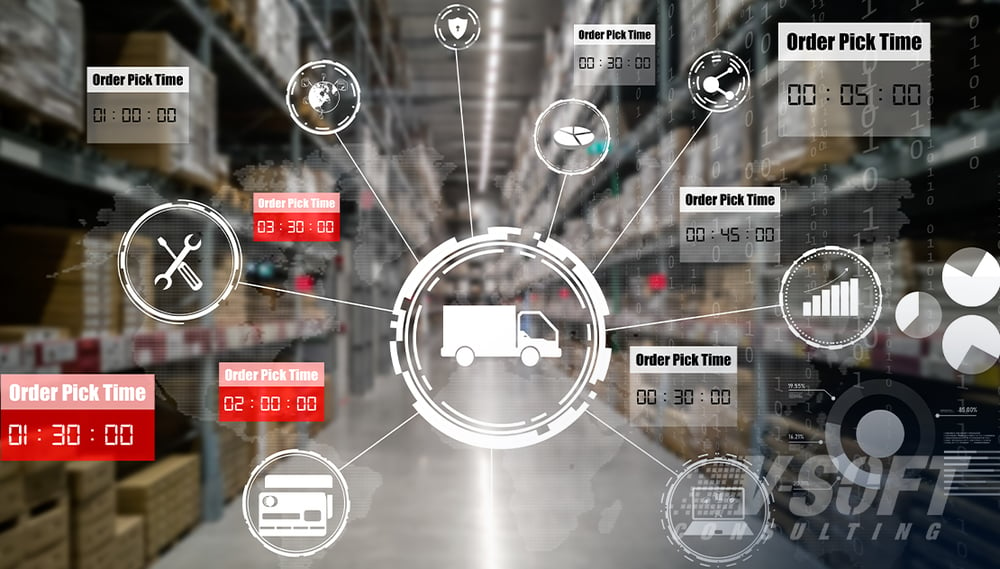Robotic Process Automation is transforming various business functions to deliver efficiency and performance in less time and cost. One such business function is supply chain management. Supply chain management involves a series of processes like assigning, tracking, scheduling, and shipping. Many industries like manufacturing, retail, and hospitality use various supply chain management technologies to make their operations efficient. Supply chains are a full-cycle system to ensure on-time delivery. RPA-based automation can streamline the supply management process with real-time monitoring of all activities.
Ways RPA Automation Improves Supply Chain Management
By the end of 2022, 85% of enterprises will have some form of RPA implemented in their business."
- Gartner
RPA easily integrates with third-party applications for order processing, inventory management, transportation management, and warehouse management. RPA can also automate order assignments, monitor the delivery process, and update delivery info to customers. Here are the ways RPA can improve the efficiency of various supply chain management processes.
1. Streamline Inventory Management

It's challenging to keep up with inventory manually, like the status of stock, products, or materials. RPA tools oversee the flow of commodities, from suppliers to stores, and ensure stores don't fall short on stock. To ensure transparency in the communication and record maintenance process, RPA automates tasks like storing digital files and tracking dispatches.
A fully automated warehouse management application manages all assets, shipping, storage, and inventory stocks and provides an overall view of the warehouse in a single dashboard with in-depth analytics. Using RPA tools, one can monitor real-time data and analytic and evaluate overall efficiency, locate roadblocks, and take necessary steps to improve the process.
2. Automate Invoice Processing

One of the serious concerns of the supply chain management process is processing invoices. This process deals with diverse types of invoice documents (mostly paper documents), which can have structured or unstructured data. With manual processes, organizations lose a lot of time in obtaining, digitizing, assigning, and approving invoices. This entire process is time-exhaustive and risks human error. The complexity of the process increases with the number of invoices.
Using RPA invoice processing, businesses can scan invoices using an OCR application and capture data from paper documents, images, and emails and update the data in respective data fields in the database in a structured manner. This facilitates the validation and approval of invoices to be fast and accurate.
3. Simplify Order Placement and Processing

RPA was allowing a 43% reduction in resources for order-to-cash processes including billing, credit, collections, and pricing. "
Order placement and processing involve choosing the product, placing the order approval, making payment, and re-ordering in case of discrepancies. This entire process is done manually, making it time-consuming, inaccurate, tiresome, and lacks transparency for customers. With RPA automation, the entire order placement and processing are made easy with a guided and interactive approach. Custom RPA bots walk customers through each step and make sure all parameters are met for an order to be processed and placed.
In case any criteria are missed by the customer, the RPA bot notifies the customer and makes sure it is fixed, and sends it to the respective approving authority for final approval. This saves the customer time and approval authority time while ensuring improved user experiences for both parties. RPA bots remove the need for outdated practices like spreadsheet maintenance to track order data.
4. Track Shipments in Real-Time

RPA applications can track each order in real-time and update order shipping status and expected delivery in the relevant applications for customers to track the shipping status. RPA programs can easily integrate with third-party applications of logistic companies to extract status information. RPA bots trigger push notifications proactively. Moreover, RPA applications analyze tracking data and generate analytics reports, which in turn improves operational efficiency.
5. Procure and Manage Vendors

There are two ways RPA enhances vendor management. First, choosing the right vendor involves immense human effort from searching for vendors, procuring quotations, evaluating and choosing the right vendors. Vendor data management is another important job. The entire vendor management process can be automated with RPA. RPA applications analyze all existing vendors in the market based on quotations, credit scores, and other predefined parameters and present a comprehensive analysis to the deciding authority. This way, vendor selection efforts can be reduced by approximately 20% and vendor data management by 90%.
6. Support Customers 24/7

The sales process is never really over. Businesses need to extend services to customers far after the transaction is complete. RPA customer service bots have a bigger role to play, which offers 24/7 support to customers. The bots help customers report issues, enquire about various other products, track orders, place orders, and so on. A single RPA bot can handle many customers and provide solutions by gathering information across various enterprise systems and applications.

.jpg?width=1110&name=Supply%20Chain%20Management%20(1).jpg)














